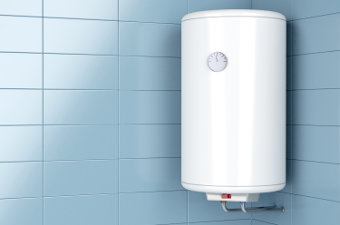Residential Water Heaters
Last Updated: 02/27/24
A product that utilizes gas, electricity, or solar thermal energy to heat potable water for use outside the heater upon demand.
 Product Details
Product Details
To the maximum extent practicable, federal agencies are required to buy sustainable products, which are products that meet the purchasing program(s) listed below.
If there is more than one program listed below, agencies are directed to prioritize multi-attribute products, which meet statutory purchasing program requirements (![]() ) and one or more required Environmental Protection Agency purchasing programs.
) and one or more required Environmental Protection Agency purchasing programs.
Review our frequently asked questions for more information.
|
Product Type
|
Procurement Info
|
Where to Buy
|
|---|---|---|
| Whole-Home Gas Tankless | ||
| Solar | ||
| High Efficiency Electric Storage (Heat Pump) | ||
| High-Efficiency Gas Storage |
 Legal Requirements
Lists federal requirements related to the purchase of this item, including applicable Federal Acquisition Regulation (FAR) requirements
Legal Requirements
Lists federal requirements related to the purchase of this item, including applicable Federal Acquisition Regulation (FAR) requirements
 Life Cycle Cost Savings
Life Cycle Cost Savings
Life Cycle Costing (LCC) aims to quantify the financial impact of a product over its entire life cycle to assist consumers in making decisions that will save them money over the long term.
An efficient product is cost effective when the energy costs saved over the life of the product exceed the additional upfront cost (if any) of the more efficient model. Energy Star considers both upfront costs and lifetime energy cost savings when setting required efficiency levels. Federal purchasers may assume that Energy Star-qualified products and products meeting FEMP-designated efficiency requirements are life-cycle cost effective.


 Energy Star
Energy Star